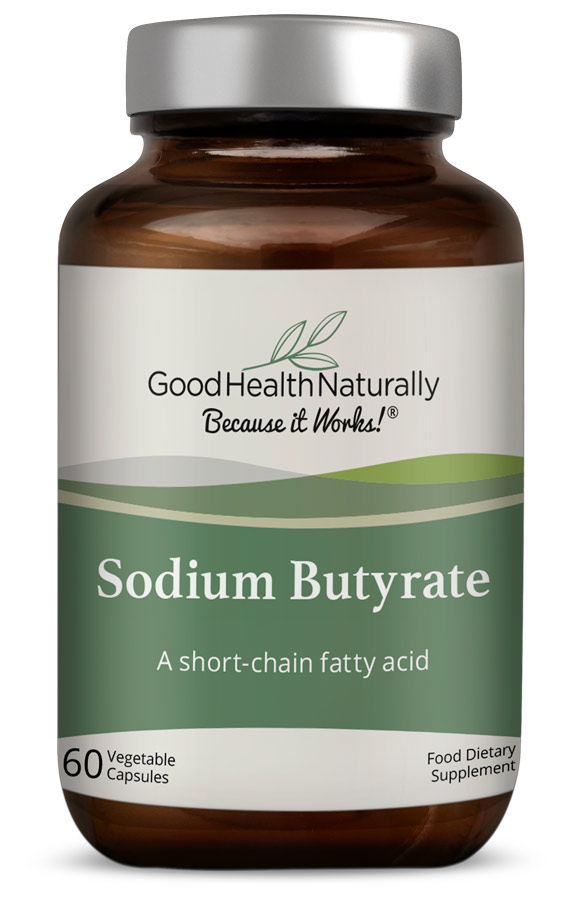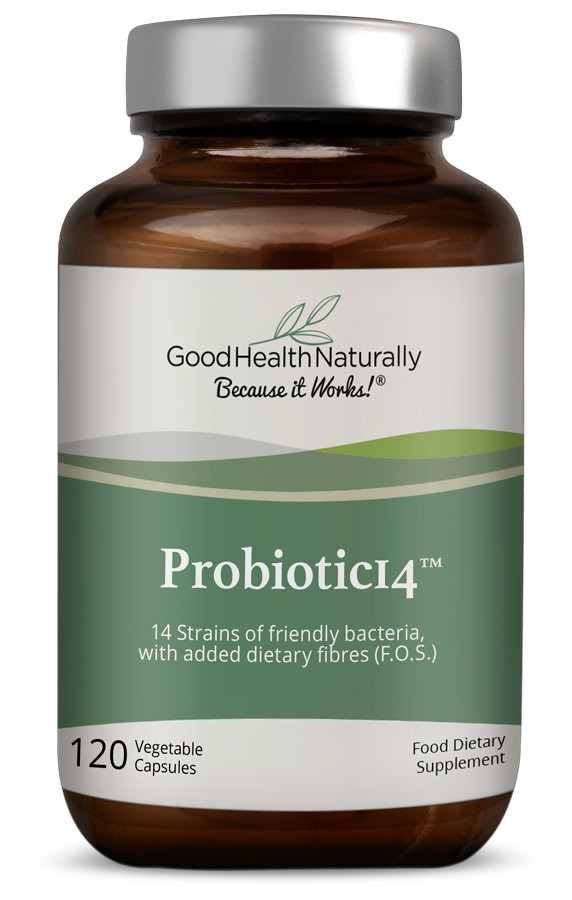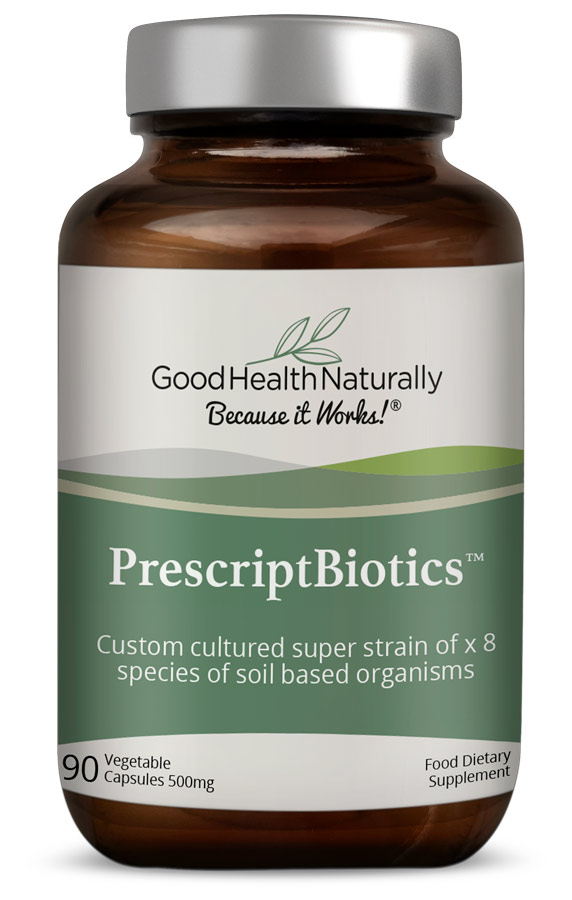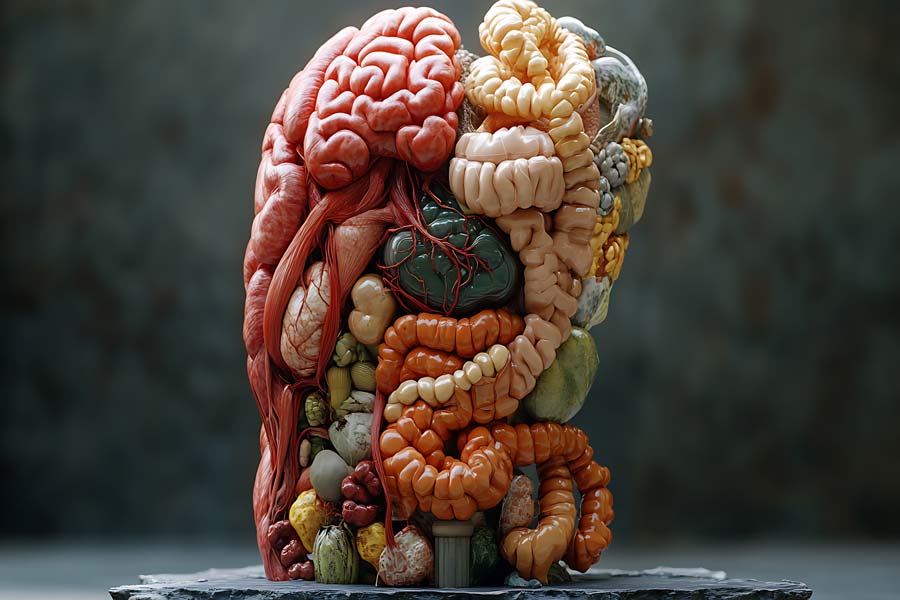As we continue our journey into September, many of you are now well into your back-to-school or work routines, adjusting to the faster pace of daily life. Over the past few weeks, we’ve highlighted the importance of self-care, omega-3s for skin and heart health, and how to maintain balance during these busy times. This week, we’re taking a closer look at an area of health that’s often overlooked but incredibly important—your gut health, and how it impacts your brain and mood.
The Gut-Brain Connection: What is it?
The gut-brain axis is the communication network that links your gut and your brain. It’s not just a metaphor; your gut and brain are in constant communication via the vagus nerve and various biochemical signalling pathways. Recent research has shown that the health of your gut microbiome—the trillions of bacteria living in your digestive tract—can influence everything from your mood and mental clarity to sleep and emotional regulation.
In fact, approximately 90% of the body’s serotonin (the “feel-good” hormone) is produced in the gut, underscoring the link between digestive health and emotional well-being. An imbalance in your gut can lead to dysregulation in neurotransmitter production, which can affect your mood, stress response, and even cognitive function.
How Gut Health Affects Your Focus and Stress Levels
As the demands of September intensify, stress management becomes crucial, and so does supporting the health of your gut. When the gut is inflamed or imbalanced (often due to poor diet, stress, or lack of sleep), it can negatively affect brain function. This imbalance can result in what’s commonly known as “brain fog,” where you may struggle to concentrate, think clearly, or remember things.
Interestingly, some studies have shown that individuals with digestive issues such as irritable bowel syndrome (IBS) are more likely to experience symptoms of anxiety and depression, highlighting the bi-directional relationship between gut and mental health.
Essential Nutrients to Support the Gut-Brain Axis
So, how do you optimise this vital connection and maintain balance during stressful times? Here are a few essential nutrients and practices that can support both your gut and brain:
Probiotics: These “good” bacteria are essential for maintaining a healthy gut microbiome. Fermented foods like yoghurt, kefir, sauerkraut, and kimchi are rich in probiotics, but you can also consider taking a high-quality probiotic supplement. Studies show that regular consumption of probiotics can improve gut health, which in turn positively affects mood and cognitive function.
Short-Chain Fatty Acids (SCFAs): SCFAs, like butyric acid, produced by the fermentation of fiber by beneficial gut bacteria, are vital for gut lining integrity. A healthy gut lining helps to prevent “leaky gut,” a condition where harmful substances escape into the bloodstream and cause inflammation. This, in turn, helps protect against inflammation-related mood disorders and cognitive decline.
Prebiotic Fibre: Prebiotics are the fibres that feed beneficial gut bacteria. Foods like bananas, onions, garlic, and whole grains are excellent sources of prebiotic fibre. By feeding the good bacteria in your gut, prebiotics help balance your microbiome, improving both digestive health and mental clarity.
Omega-3 Fatty Acids: While we’ve already touched on omega-3s in the previous weeks, it’s important to note that these fatty acids also play a role in reducing inflammation in the gut and supporting brain health. Omega-3s can enhance the gut-brain connection by promoting healthy cell membranes and modulating the immune response in the gut.
Practical Tips for Gut-Brain Balance
Prioritise Fermented Foods: Including probiotic-rich fermented foods in your daily diet can naturally replenish and support your gut bacteria, which in turn improves mood and brain function.
Add More Fibre: Aim to include plenty of fruits, vegetables, and whole grains in your diet to support the production of SCFAs, which will help nourish your gut lining and boost mental clarity.
Stay Hydrated: Hydration is often overlooked but it is essential for maintaining gut health. Proper hydration helps with digestion and can improve your focus and energy levels throughout the day.
Manage Stress: As mentioned in previous weeks, stress has a profound impact on gut health. Practices such as meditation, mindfulness, and deep breathing exercises can help calm your nervous system, reducing the negative impact of stress on your gut and brain.
The Importance of Gut Health for Long-Term Well-Being
As we navigate the busyness of September and the demands that come with it, prioritising gut health is crucial for both your mental and physical well-being. By supporting your gut through a balanced diet rich in probiotics, prebiotic fibre, and essential fatty acids, you can strengthen the gut-brain connection, enhance your focus, and stabilise your mood.
Next week, we’ll continue our focus on holistic health with more tips on optimising your body’s natural systems. Until then, take time to nurture your gut—it could be the key to not just better digestion but also better brain function and overall happiness.
|
Sodium Butyrate |
Probiotic 14 |
Prescript Biotics |
 |
 |
 |




